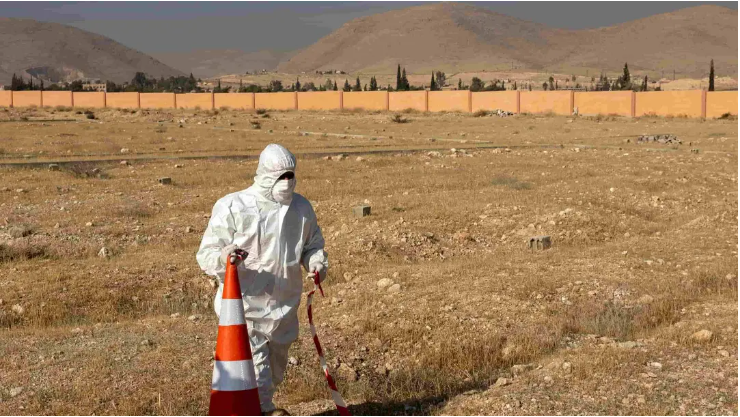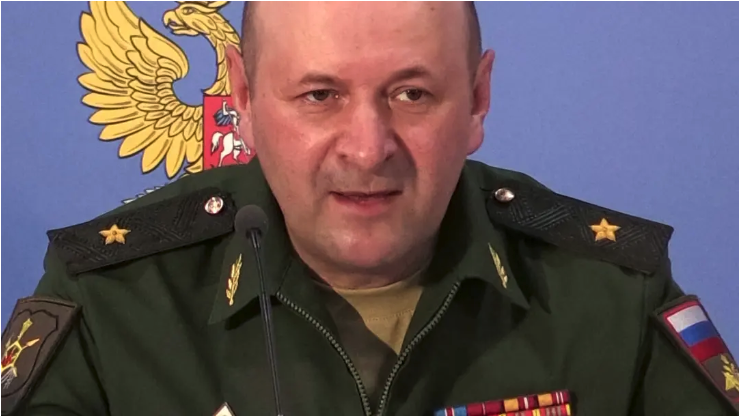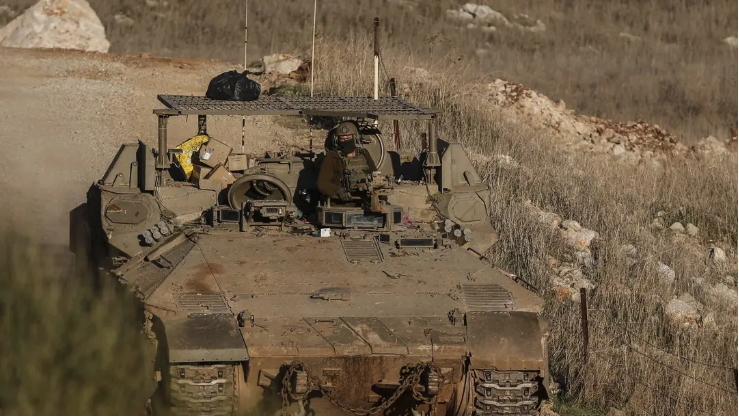Hamas, Fatah Agree on Joint Post-war Gaza Administration
Hamas and Fatah, the Palestinian faction that controls the Palestinian Authority (PA), have reached a preliminary agreement in Cairo to establish a committee of 10-15 politically independent technocrats to administer post-war Gaza, though the agreement still requires the final approval of Palesti...
0:00
/1861
Facts
- Hamas and Fatah, the Palestinian faction that controls the Palestinian Authority (PA), have reached a preliminary agreement in Cairo to establish a committee of 10-15 politically independent technocrats to administer post-war Gaza, though the agreement still requires the final approval of Palestinian Pres. Mahmoud Abbas.[1][2]
- The proposed committee would oversee education, health, economy, humanitarian aid, reconstruction, and manage the Palestinian side of the Rafah border crossing with Egypt, which was captured by Israel earlier this year.[3][4]
- The deal stresses that 'the unity' of Palestinian territories according to the pre-1967 borders must be preserved and the necessity of strengthening 'communication between the Palestinian government in the West Bank and the committee in Gaza.'[4][1]
- Hamas and Fatah have been rivals for decades with tensions escalating after Hamas' victory in 2006 elections and its subsequent takeover of Gaza in 2007, with multiple failed reconciliation attempts over the years.[5][6]
- Israeli Prime Minister Benjamin Netanyahu has vowed that the war will continue until Hamas is completely dismantled and the hostages are returned. He has repeatedly rejected the PA or Hamas playing a role in the strip's civilian administration and has said Israel will maintain open-ended security control over Gaza.[7]
- The Biden admin. has called for a reformed PA to take power in Gaza after the war. The Israeli government opposes Palestinian statehood, with some ministers calling for Israel to build settlements in northern Gaza.[3][8][2]
Sources: [1]Naharnet, [2]Guardian, [3]Middleeastmonitor, [4]Timesofisrael, [5]Barrons, [6]Trtworld, [7]Associated Press and [8]ABC News.
Narratives
- Pro-establishment narrative, as provided by Voice of America. Though it must go through many changes beforehand, the only viable Palestinian political entity capable of governing Gaza after the war is Mahmoud Abbas' PA. Everyone can agree that the PA has many issues that must be urgently fixed, namely its corruption and Abbas' weakness. Nonetheless, Israel cannot reoccupy the Gaza Strip, as this is both logistically and morally out of the question. A revitalized PA will have to be created to take over Gaza's civil administration at the very least.
- Pro-Israel narrative, as provided by JNS. Though the US may believe that it can force the PA to 'reform,' the reality is that the PA is simply not a partner for peace. Like Hamas, the PA supports the destruction of Israel, teaches Palestinians to hate, and lacks democratic legitimacy. The PA would be incapable of demilitarizing Gaza or deradicalizing its population, meaning that the chance that an attack like Oct. 7 could happen again remains. Indeed, Israel may as well let Hamas stay in power if it is truly considering allowing the PA to take over Gaza the day after the war.
- Pro-Palestine narrative, as provided by Intercept. The great irony of the debate regarding the PA is that Palestinians, especially in the occupied West Bank, by and large see the political body as an extension of Israel's occupation. Mahmoud Abbas and his lame-duck administration in the West Bank are deeply unpopular, and Palestinians simply do not want to be governed by the PA. The US must realize that it cannot force Palestinians to support the PA, and it will have to be more creative if it wants to set the conditions advantageous to ending this conflict.







